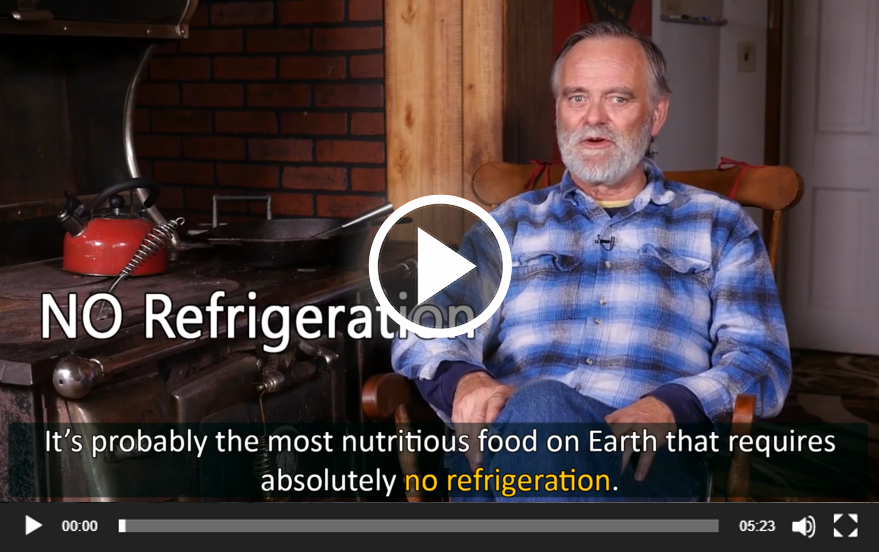
In the chessboard of life, we never truly know when we’ll be checkmated by unforeseen calamities. It’s the last thing anyone wants, but it could be the first thing to hit us tomorrow.
Hurricane Katrina, an unprecedented tempest, once ripped the cultural heart of New Orleans apart. In its aftermath, we’ve seen terror acts sending fear through the global bloodstream and economic downturns that have painted our cities with the grim colors of lawlessness. Some esteemed thinkers, the ones who’ve built careers on predicting what’s around the corner, they’re saying that this looming shadow, this impending civil unrest, is an inevitability.
It’s a disquieting thought, isn’t it?
It’s time to face the music, dear reader. We need to step into this intimidating darkness, armed with knowledge and preparation to safeguard those we hold dear.
In this chaos, our instincts might mislead us. The streets, under normal circumstances a symbol of freedom and life, morph into treacherous battlegrounds during periods of civil unrest. Whether driven by impassioned protest, opportunistic looting, or the simple need for basic survival resources, those who dare venture onto the streets face danger at every turn.
The golden rule in these tumultuous times?
Maintain the fort.
Stay indoors, secure your home, and ensure your family stays within the fortress walls.
But, you ask, what about the fundamentals? Electricity, water supply – what happens when they fail us? The answer lies in preparation and ingenuity. Urban environments often have a three-day grace period before generator backups run dry, and the water supply dwindles. However, hope isn’t lost.
Your unassuming water heater, often overlooked, houses more than 40 gallons of drinkable water. Not only that, by opening your home’s highest faucet, you can drain the residual water from your plumbing system long after the main pressure is gone. And if you’ve had the wisdom to store water in durable plastic containers, your family can comfortably last several days. A gallon per person per day is a reliable metric to aim for.

The story of food supply is quite similar. Any wise citizen will maintain an extra few weeks’ worth of non-perishable edibles in their pantry. A rotation system ensures your stock is perpetually fresh, your money isn’t wasted, and most importantly, your life isn’t endangered by having to venture onto hostile streets for sustenance.
The shadows grow darker, my friends, and they whisper a chilling prophecy. War is at our doorstep. The life you’ve worked tirelessly for – your safe haven of a home, your reliable car, your credit card you’ve maintained with such care – might soon be reduced to mere relics of a world past. And the bitter irony is, it won’t even be your fault!
To leave the sanctuary of your home is a decision that carries immense weight. The moment you do, you’re a refugee. History has not been kind to refugees. It’s a label that invites more perils than protections. An ill-timed exit could trap you in a sea of stalled vehicles, stranded on a highway that was once a symbol of freedom but is now a snare of desperation.
In such a scenario, what can you bring with you?
Pre-planning is crucial. A box of important documents, blankets, extra clothing, toiletries, food, and water should be your essential escape kit. A can opener – a tool often forgotten in the rush – is invaluable. Should time permit, it is also advisable to turn off your home’s water supply to prevent potential flooding.
To conclude, dear reader, civil unrest is an intimidating specter.
But with adequate preparation, careful decisions, and a strong will to survive, we can face the brewing storm.
We must ask ourselves this pressing question: Are we prepared for what may come?





